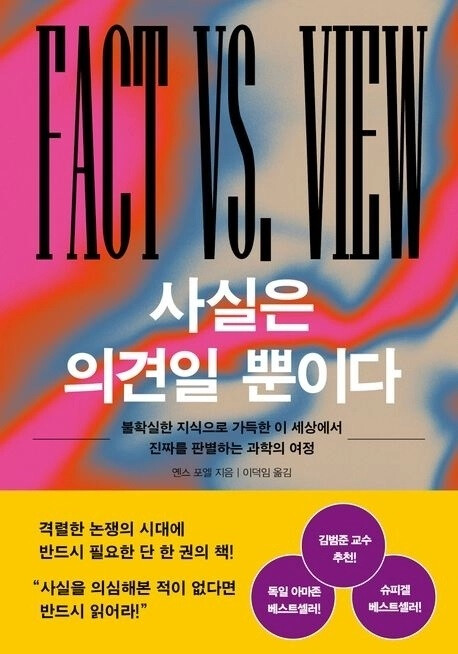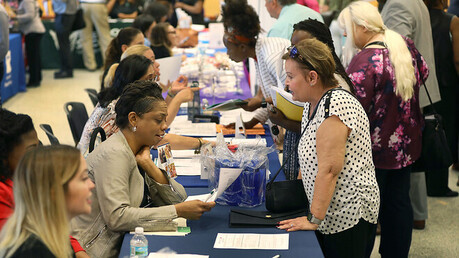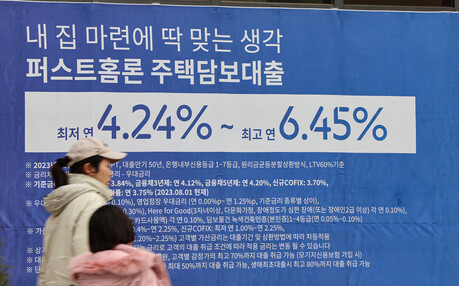
In recent years, the entire world has been trapped in a massive fog of Fake News and factual distortion. Vague narratives, particularly those originating from the political sphere, such as President Donald Trump’s remark that "climate change is a hoax" or baseless claims about Tylenol, further blur the boundaries between fact and opinion. This phenomenon goes beyond mere factual distortion, escalating into a dangerous situation where people lose faith in the very concept of 'truth.'
Neuropsychologist Jens Foell delves deeply into this issue in his book, Facts Are Just Opinions. He points out that while factual distortion has existed since the inception of politics, the rhetoric has recently shifted from presenting evidence to support one's own claim to attacking the credibility of the opponent's argument. Furthermore, the deliberate manipulation and mixing of fact and opinion by groups, such as far-right factions, to pursue the interests of their own collective, is spreading like a poisonous mushroom, exacerbating the confusion.
The author emphasizes that even scientific theories we consider to be established truths are merely simple opinions (hypotheses) until they are recognized as facts through scientific research and verification processes. If this is the case even in science, a rigorous academic field, it is certainly not easy to separate fact from opinion in the words of politicians or journalists. Foell helps readers understand the problem of mixed facts and opinions causing confusion by organizing and explaining it into 16 types in the book.
The solution to navigating this confusing era is surprisingly simple: reclaiming the scientific skepticism represented by the French philosopher René Descartes' proposition, "I think, therefore I am." The author urges us to engrave the scientific methodology of "Doubt everything, even yourself" in our minds.
The ability to discern truth from falsehood amidst the flood of information—in other words, critical thinking—has become essential for survival. Even while walking through the fog of fake news, if we adopt a skeptical attitude of questioning and doubting ourselves, we will gain the power to determine whether the information before our eyes is merely a packaged opinion or a proven fact. In an age of chaos, the power to discern the truth comes not from external verification but from the scientific skepticism within us.
[Copyright (c) Global Economic Times. All Rights Reserved.]




























